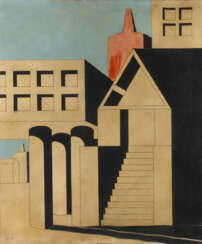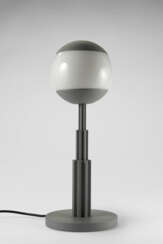Aldo Rossi (1931 - 1997) — Auction price
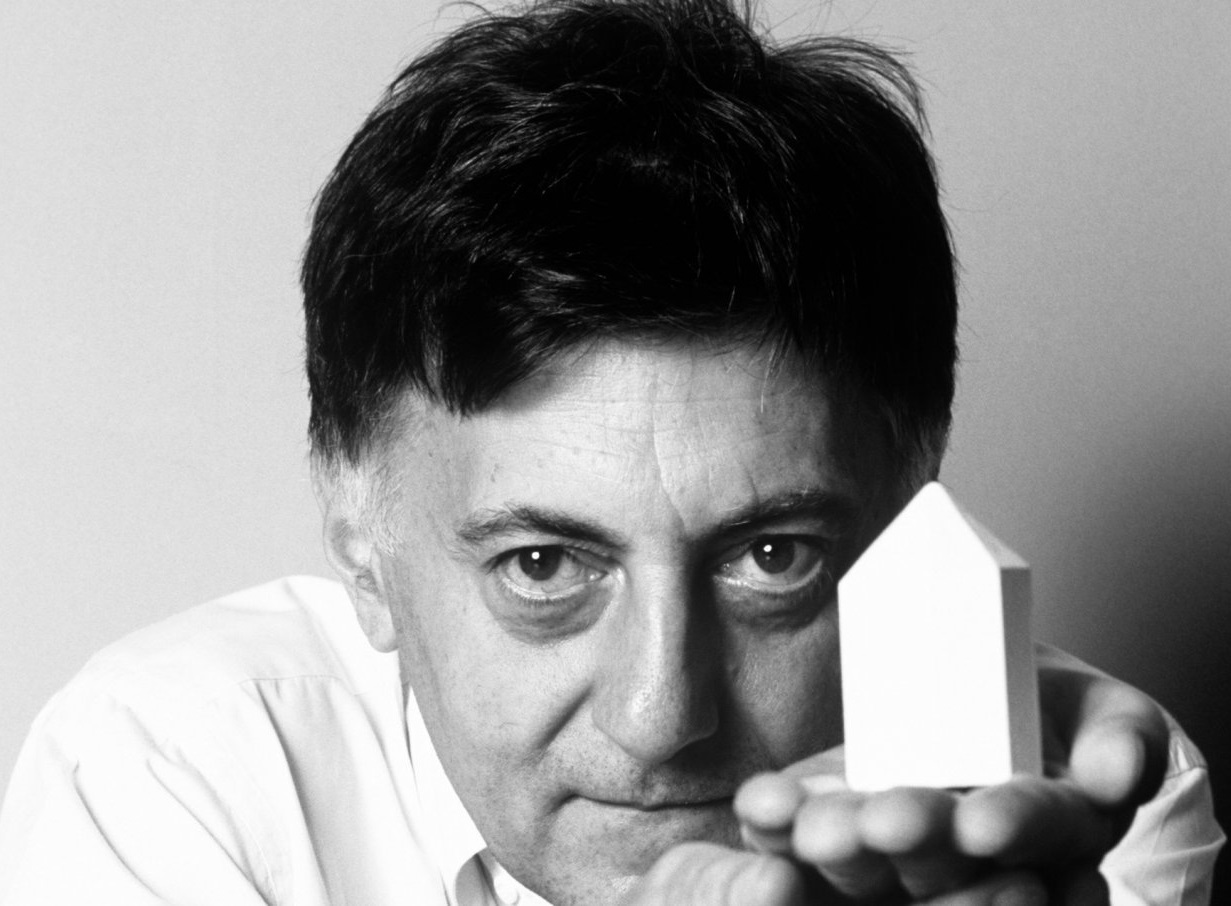
Aldo Rossi was an Italian architect renowned for his profound influence on architectural theory and design during the late 20th century. Born in Milan in 1931, Rossi developed a unique approach that combined elements of modernism, classicism, and surrealism, often reflecting the historical context of his projects with a poetic touch.
Rossi's architectural philosophy was characterized by a deep study of urban environments and the impact of historical forms on contemporary spaces. His theories were well-articulated in seminal works such as The Architecture of the City (1966), which remains influential in urban design and theory today. Rossi's emphasis on the importance of collective memory and urban artifacts in city planning was revolutionary, advocating for designs that resonate with the historical and cultural contexts of their locations.
Throughout his career, Rossi received numerous accolades, including the prestigious Pritzker Prize in 1990, making him the first Italian to receive this honor. His notable projects include the San Cataldo Cemetery in Modena, a masterpiece of modern cemetery design that is often regarded as a paradigm of Neo-Rationalist architecture, and the Bonnefanten Museum in Maastricht, which showcases his ability to blend historical reverence with modern design.
Aldo Rossi's work extended beyond architecture into product design, where he also left a significant mark with designs like the "La Cupola" espresso maker for Alessi, reflecting his architectural principles in small-scale products.
For collectors and experts in art and architecture, Rossi's works offer a deep dive into the evolution of postmodern architectural thought and its application in both grand and everyday scales. His legacy continues to inspire architects and designers around the world, underscoring his role as a pivotal figure in contemporary architecture.
For those interested in exploring Aldo Rossi's architectural philosophy or viewing his designs, consider signing up for updates on exhibitions and discussions featuring his work. This will ensure you remain informed about opportunities to engage with Rossi's enduring influence in the field of architecture.
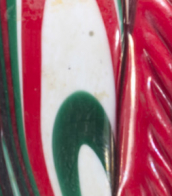

Aldo Rossi was an Italian architect renowned for his profound influence on architectural theory and design during the late 20th century. Born in Milan in 1931, Rossi developed a unique approach that combined elements of modernism, classicism, and surrealism, often reflecting the historical context of his projects with a poetic touch.
Rossi's architectural philosophy was characterized by a deep study of urban environments and the impact of historical forms on contemporary spaces. His theories were well-articulated in seminal works such as The Architecture of the City (1966), which remains influential in urban design and theory today. Rossi's emphasis on the importance of collective memory and urban artifacts in city planning was revolutionary, advocating for designs that resonate with the historical and cultural contexts of their locations.
Throughout his career, Rossi received numerous accolades, including the prestigious Pritzker Prize in 1990, making him the first Italian to receive this honor. His notable projects include the San Cataldo Cemetery in Modena, a masterpiece of modern cemetery design that is often regarded as a paradigm of Neo-Rationalist architecture, and the Bonnefanten Museum in Maastricht, which showcases his ability to blend historical reverence with modern design.
Aldo Rossi's work extended beyond architecture into product design, where he also left a significant mark with designs like the "La Cupola" espresso maker for Alessi, reflecting his architectural principles in small-scale products.
For collectors and experts in art and architecture, Rossi's works offer a deep dive into the evolution of postmodern architectural thought and its application in both grand and everyday scales. His legacy continues to inspire architects and designers around the world, underscoring his role as a pivotal figure in contemporary architecture.
For those interested in exploring Aldo Rossi's architectural philosophy or viewing his designs, consider signing up for updates on exhibitions and discussions featuring his work. This will ensure you remain informed about opportunities to engage with Rossi's enduring influence in the field of architecture.


Aldo Rossi was an Italian architect renowned for his profound influence on architectural theory and design during the late 20th century. Born in Milan in 1931, Rossi developed a unique approach that combined elements of modernism, classicism, and surrealism, often reflecting the historical context of his projects with a poetic touch.
Rossi's architectural philosophy was characterized by a deep study of urban environments and the impact of historical forms on contemporary spaces. His theories were well-articulated in seminal works such as The Architecture of the City (1966), which remains influential in urban design and theory today. Rossi's emphasis on the importance of collective memory and urban artifacts in city planning was revolutionary, advocating for designs that resonate with the historical and cultural contexts of their locations.
Throughout his career, Rossi received numerous accolades, including the prestigious Pritzker Prize in 1990, making him the first Italian to receive this honor. His notable projects include the San Cataldo Cemetery in Modena, a masterpiece of modern cemetery design that is often regarded as a paradigm of Neo-Rationalist architecture, and the Bonnefanten Museum in Maastricht, which showcases his ability to blend historical reverence with modern design.
Aldo Rossi's work extended beyond architecture into product design, where he also left a significant mark with designs like the "La Cupola" espresso maker for Alessi, reflecting his architectural principles in small-scale products.
For collectors and experts in art and architecture, Rossi's works offer a deep dive into the evolution of postmodern architectural thought and its application in both grand and everyday scales. His legacy continues to inspire architects and designers around the world, underscoring his role as a pivotal figure in contemporary architecture.
For those interested in exploring Aldo Rossi's architectural philosophy or viewing his designs, consider signing up for updates on exhibitions and discussions featuring his work. This will ensure you remain informed about opportunities to engage with Rossi's enduring influence in the field of architecture.
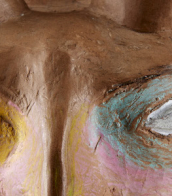

Aldo Rossi was an Italian architect renowned for his profound influence on architectural theory and design during the late 20th century. Born in Milan in 1931, Rossi developed a unique approach that combined elements of modernism, classicism, and surrealism, often reflecting the historical context of his projects with a poetic touch.
Rossi's architectural philosophy was characterized by a deep study of urban environments and the impact of historical forms on contemporary spaces. His theories were well-articulated in seminal works such as The Architecture of the City (1966), which remains influential in urban design and theory today. Rossi's emphasis on the importance of collective memory and urban artifacts in city planning was revolutionary, advocating for designs that resonate with the historical and cultural contexts of their locations.
Throughout his career, Rossi received numerous accolades, including the prestigious Pritzker Prize in 1990, making him the first Italian to receive this honor. His notable projects include the San Cataldo Cemetery in Modena, a masterpiece of modern cemetery design that is often regarded as a paradigm of Neo-Rationalist architecture, and the Bonnefanten Museum in Maastricht, which showcases his ability to blend historical reverence with modern design.
Aldo Rossi's work extended beyond architecture into product design, where he also left a significant mark with designs like the "La Cupola" espresso maker for Alessi, reflecting his architectural principles in small-scale products.
For collectors and experts in art and architecture, Rossi's works offer a deep dive into the evolution of postmodern architectural thought and its application in both grand and everyday scales. His legacy continues to inspire architects and designers around the world, underscoring his role as a pivotal figure in contemporary architecture.
For those interested in exploring Aldo Rossi's architectural philosophy or viewing his designs, consider signing up for updates on exhibitions and discussions featuring his work. This will ensure you remain informed about opportunities to engage with Rossi's enduring influence in the field of architecture.
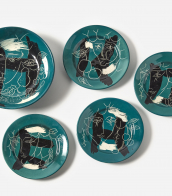

Aldo Rossi was an Italian architect renowned for his profound influence on architectural theory and design during the late 20th century. Born in Milan in 1931, Rossi developed a unique approach that combined elements of modernism, classicism, and surrealism, often reflecting the historical context of his projects with a poetic touch.
Rossi's architectural philosophy was characterized by a deep study of urban environments and the impact of historical forms on contemporary spaces. His theories were well-articulated in seminal works such as The Architecture of the City (1966), which remains influential in urban design and theory today. Rossi's emphasis on the importance of collective memory and urban artifacts in city planning was revolutionary, advocating for designs that resonate with the historical and cultural contexts of their locations.
Throughout his career, Rossi received numerous accolades, including the prestigious Pritzker Prize in 1990, making him the first Italian to receive this honor. His notable projects include the San Cataldo Cemetery in Modena, a masterpiece of modern cemetery design that is often regarded as a paradigm of Neo-Rationalist architecture, and the Bonnefanten Museum in Maastricht, which showcases his ability to blend historical reverence with modern design.
Aldo Rossi's work extended beyond architecture into product design, where he also left a significant mark with designs like the "La Cupola" espresso maker for Alessi, reflecting his architectural principles in small-scale products.
For collectors and experts in art and architecture, Rossi's works offer a deep dive into the evolution of postmodern architectural thought and its application in both grand and everyday scales. His legacy continues to inspire architects and designers around the world, underscoring his role as a pivotal figure in contemporary architecture.
For those interested in exploring Aldo Rossi's architectural philosophy or viewing his designs, consider signing up for updates on exhibitions and discussions featuring his work. This will ensure you remain informed about opportunities to engage with Rossi's enduring influence in the field of architecture.
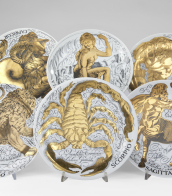

Aldo Rossi was an Italian architect renowned for his profound influence on architectural theory and design during the late 20th century. Born in Milan in 1931, Rossi developed a unique approach that combined elements of modernism, classicism, and surrealism, often reflecting the historical context of his projects with a poetic touch.
Rossi's architectural philosophy was characterized by a deep study of urban environments and the impact of historical forms on contemporary spaces. His theories were well-articulated in seminal works such as The Architecture of the City (1966), which remains influential in urban design and theory today. Rossi's emphasis on the importance of collective memory and urban artifacts in city planning was revolutionary, advocating for designs that resonate with the historical and cultural contexts of their locations.
Throughout his career, Rossi received numerous accolades, including the prestigious Pritzker Prize in 1990, making him the first Italian to receive this honor. His notable projects include the San Cataldo Cemetery in Modena, a masterpiece of modern cemetery design that is often regarded as a paradigm of Neo-Rationalist architecture, and the Bonnefanten Museum in Maastricht, which showcases his ability to blend historical reverence with modern design.
Aldo Rossi's work extended beyond architecture into product design, where he also left a significant mark with designs like the "La Cupola" espresso maker for Alessi, reflecting his architectural principles in small-scale products.
For collectors and experts in art and architecture, Rossi's works offer a deep dive into the evolution of postmodern architectural thought and its application in both grand and everyday scales. His legacy continues to inspire architects and designers around the world, underscoring his role as a pivotal figure in contemporary architecture.
For those interested in exploring Aldo Rossi's architectural philosophy or viewing his designs, consider signing up for updates on exhibitions and discussions featuring his work. This will ensure you remain informed about opportunities to engage with Rossi's enduring influence in the field of architecture.



